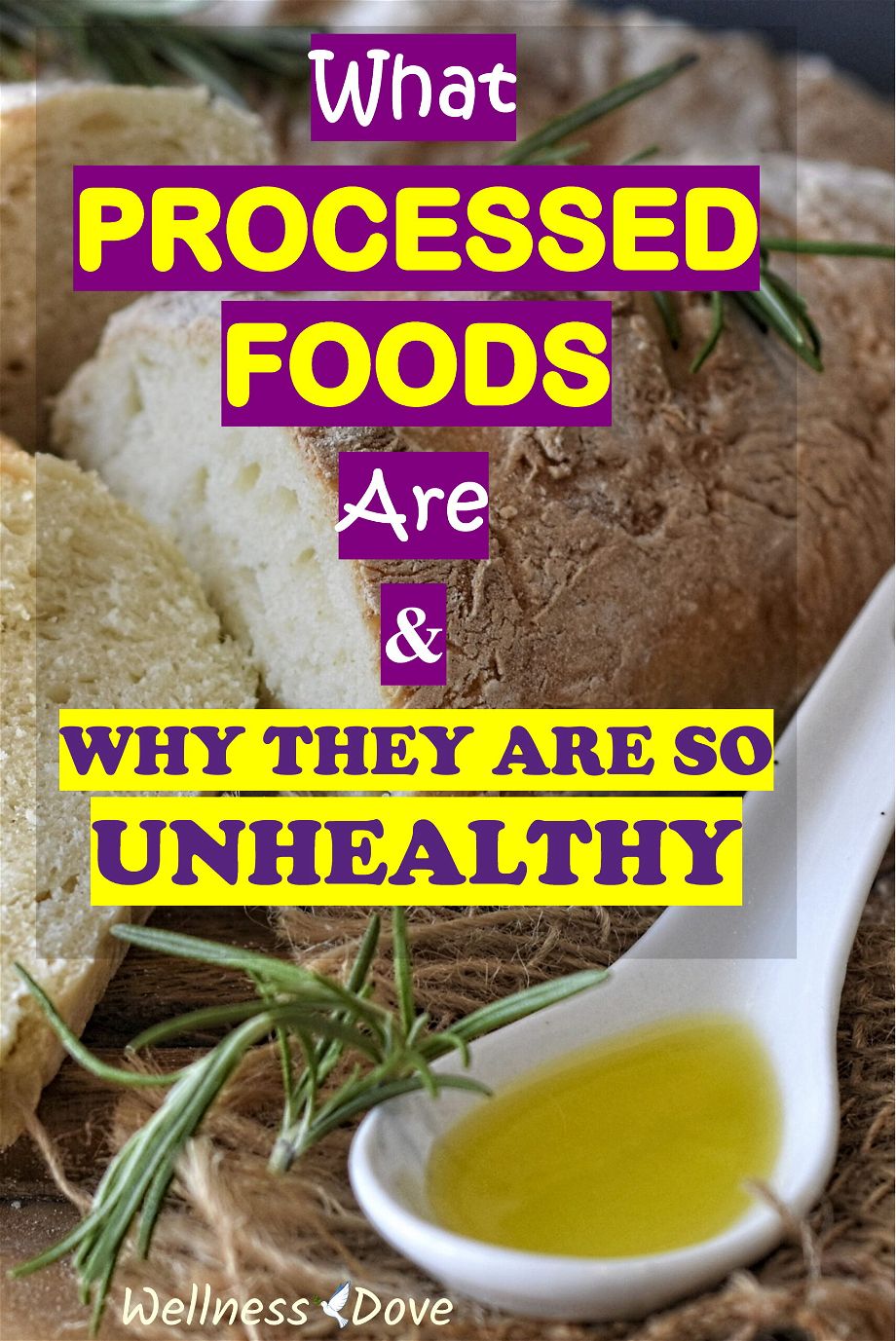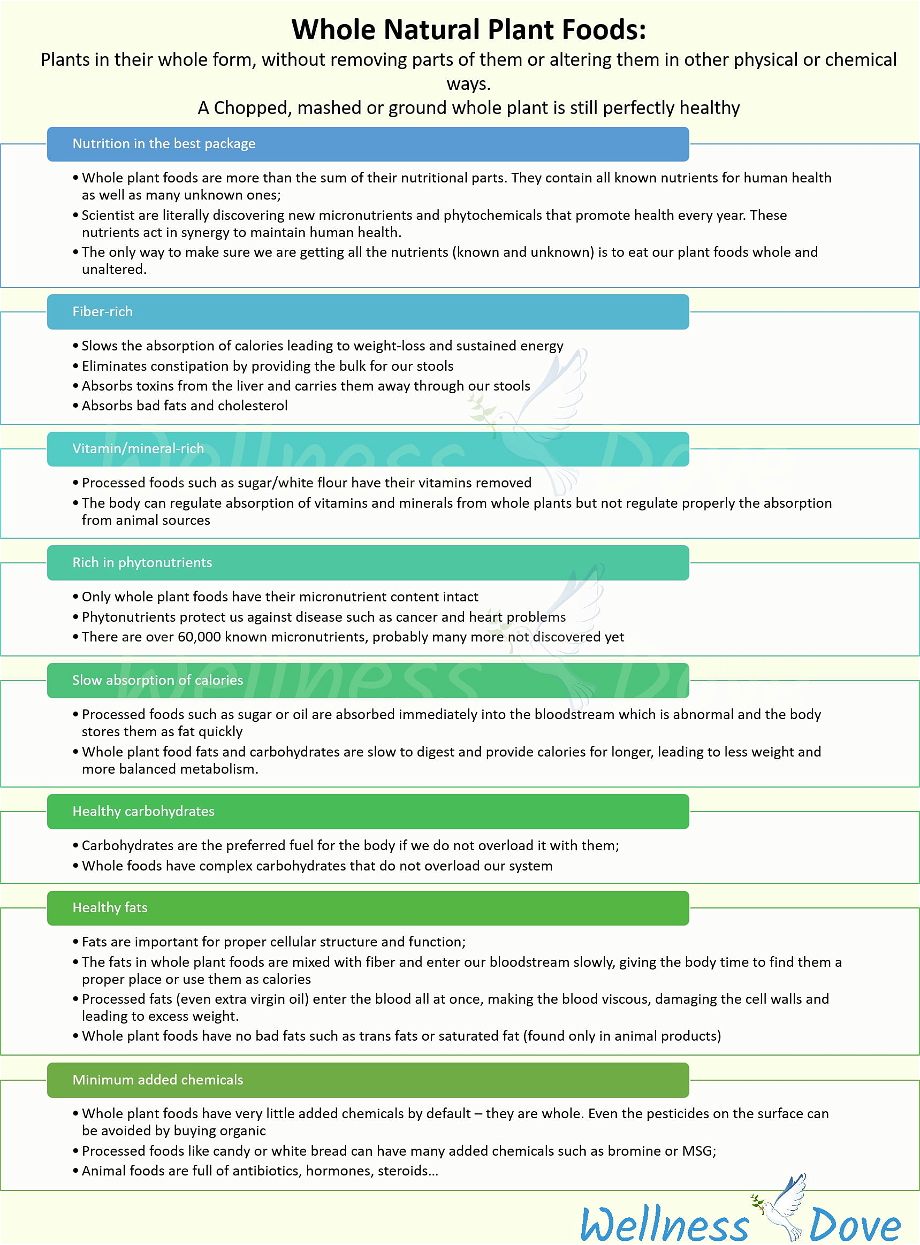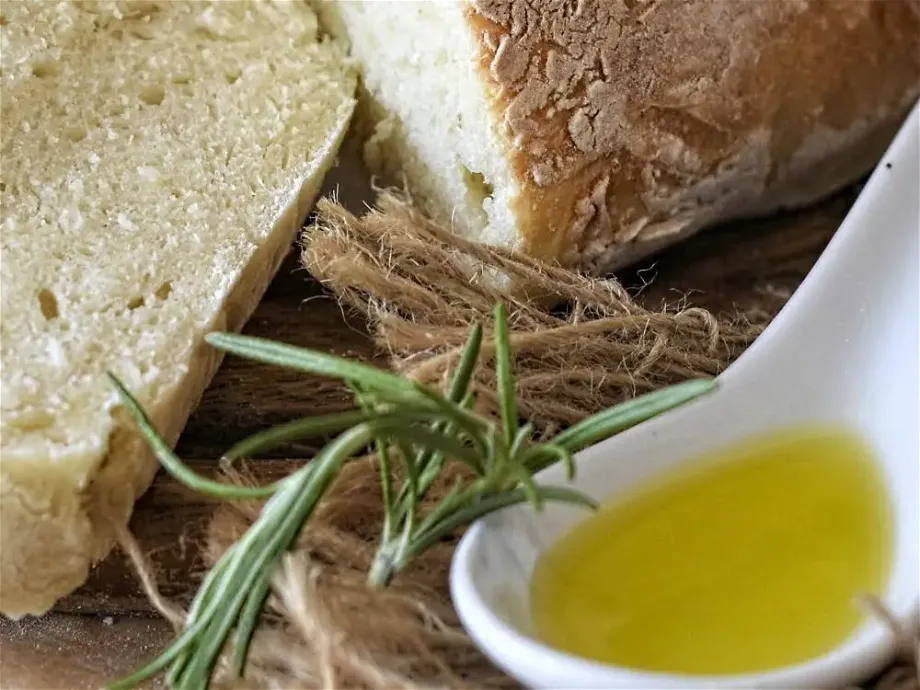
Processed foods are ubiquitous.
On the supermarket shelves, on the news, on our tables…
We all know they are supposed to be bad for us but do we truly know what processed foods are?
Most people will think of a candy bar or chips.
That is just the top of the pyramid, though.
Any natural food that has parts of it removed or has been chemically altered is a heavily processed food.
Think of sweet beets and sugar. Olives and olive oil.
They have very little in common.
And neither the oil or the sugar is healthy.
Post Contents
When processed foods become unhealthy
Mashing potatoes is a form of food processing, after all. Or boiling some chickpeas and making a hummus…
Mashed potatoes are in no way bad for your, though, quite the contrary actually.
That is because we have not altered the biochemical composition of these foods. We have not added or removed anything from the actual potatoes or beans. All the fiber, all the vitamins, all the minerals are still there.
However, taking a whole wheat kernel and removing the bran and the germ we have essentially removed all the fiber, most of the vitamins and minerals, and probably all the nourishing phytochemicals.
An olive is rich in fiber, rich in iron, copper, calcium, vitamin E, and numerous other micronutrients. Olive oil has virtually none of that. Just pure fat!
It is pretty much the same with sweet beets. Nutritional powerhouses, known to improve athletic performance and contain all the essential proteins, all the essential fats, and carbohydrates in their natural, healthy form. When we turn the beet into sugar, we remove all those beneficial compounds to create what are essentially super concentrated calories that have a drug-like effect on our bodies.
Here’s more on the importance of micronutrients and why whole plant foods are healthiest!
Processed foods become unhealthy when we arrogantly choose to play god with them and change their natural composition.
Which foods can be considered unhealthy processed foods
Sugar.
Pure simple carbs with no nutritional value. It is pure, white, and addictive.
Table sugar, brown sugar, sucrose, fructose, dextrose, high-fructose corn syrup, corn syrup… There are dozens of names for sugar and for a simple reason – it hijacks the reward pathways of the brain and we cannot resist eating more. So the industry has found ways to make sugar in so many forms to keep us eating the foods they sell.
You feel that you cannot quit sugar, here’s why you do not need it!
Oil.
Oil is are pure fat with no nutritional value. Even more, despite what it says on the label, oil tends to go rancid quite quickly. And no, it is not good for your brain or heart, it actually damages them.
Read more on why oil is damaging your health
White flour
White flour is the same as white sugar. Simple carbohydrates, forcefully removed from their protective fibrous shell and supportive micronutrients. No nutrition, only super-concentrated calories that addict you to pastries. Even worse, we combine white flour with oil and sugar to create pastries that are caloric bombs that wreak havoc to all our bodily systems and cause disease.
Synthetic chemicals
MSG or bromine or aspartame or the other hundreds upon hundreds of chemicals, artificial sweeteners, preservatives… The very minimal use of mild preservatives might be OK but most processed foods have years of shelf life. And many of those chemicals are no benign. They are used to ‘enhance the taste’ or simply keep us hooked.
Combinations of these foods.
Basically all processed foods are oil, sugar (flour), and some salt.
No matter what complex ingredients are listed on the label, it is that simple.
Processed foods are not on the supermarket shelves (only)
Processed foods are on our tables.
We make them in our kitchens.
Home-made white flour cookies with oil, sugar, and salt.
French fries?
Cooking is basically food processing.
There are good cooking methods and bad cooking methods.
Frying is the worst
It involves putting healthy foods (such as potatoes) in super hot oil.
Oil is bad as it is but heating it creates super unhealthy, unnatural to the body trans fats that cause genetic damage, cancer, and obesity.
Baking is OK
Baking at really high temperatures or for too prolonged periods can produce excessive AGEs (advanced glycation endproducts) which are unhealthy.
That said, baking at reasonable temperatures and with no oil for as little as possible is healthy.
Boiling and steaming are the best.
Boiling our food in water ensures that the temperature does not exceed 212°F/100ºC and the food is not exposed to extreme temperatures.
Steaming is even better as it reduces the chance of nutrients leaching from the food into the water.
When we bake, we often boil some of the ingredients to reduce the time and temperature at which we bake.
Healthy processed foods
Us, humans, use food processing to concentrate calories so that we can eat three times a day and include more nutrition in our meals.
Eating a huge bowl of beans or brown rice will supply you with the calories you need but you will get bored long before you eat it all.
At the same time, that bowl of chickpeas will not supply you with the same nutrition as a chickpea hummus with fresh herbs, nuts, seeds, spices like cumin or coriander on a loaf of whole wheat bread and some salad on the side.
And for that reason the more diverse meal is better tasting – it has more nutrition and diverse sources of calories.
However, the chickpeas are boiled and finely chopped while the bread is made from ground wheat kernels. These are, in essence, processed foods.
The important distinction here is that these foods are in no way altered and their biochemical characteristics are virtually unchanged.
The nutrition they contained in the beginning, is unaltered. For that reason, we do not consider such minimal processing of foods in the definition of processed foods.
More on why we crave processed foods here.
Why is processing foods unhealthy, though?
Processed foods lack nutrition
Virtually no fiber, no vitamins, no minerals, no phytonutrients are present in heavily processed foods.
There is no fiber as well, which is vital for slowing down the absorption of calories and takes a crucial role in the detoxification processes in the body.

Processed foods are absorbed quickly into the blood
When you eat beets, the sugars in them are in the form of complex starch that is slow to digest.
They contain fiber that is strongly bound to the sugars and slows their absorption even more.
It is the same story with the oils in an olive or a walnut.
When you consume the beet or the walnut, the fats and sugars inside them enter the bloodstream one by one, supplying you with energy for a long period of time. All the calories are used for energy.
When you eat pure sugar or oil, dozens, probably hundreds of calories enter the bloodstream all at once. This is abnormal, changes the blood composition, makes it more viscous, damages the blood vessels’ lining, and wrecks havoc inside the body. For that reason, the body tries to store these calories immediately as fat and makes you fat and unhealthy.
Read more about what happens to your body after you eat processed and whole foods.
Focus on whole natural plant foods, it’s easy
We evolved in an environment where our food was mostly plants and not calorie-rich. That’s why we seek calories and not micronutrients.
Processed foods lure us into consuming them by providing concentrated calories and no nutrition.
More on why we crave processed foods here.
That makes them so addictive and bad for us.
But do not forget that we actually evolved to eat nutrient-rich, whole natural plant foods.
We are built to thrive on that fuel.
The irony is that we need to learn how.
Here’s how to stay satiated on whole plant foods.
Chickpeas, beans, grain, whole wheat bread, brown rice, corn, oats… The list is endless.
Head to our recipe section to get inspired and try some of them healthy recipes.
We guarantee you won’t get disappointed by the taste.
And the health that follows.



